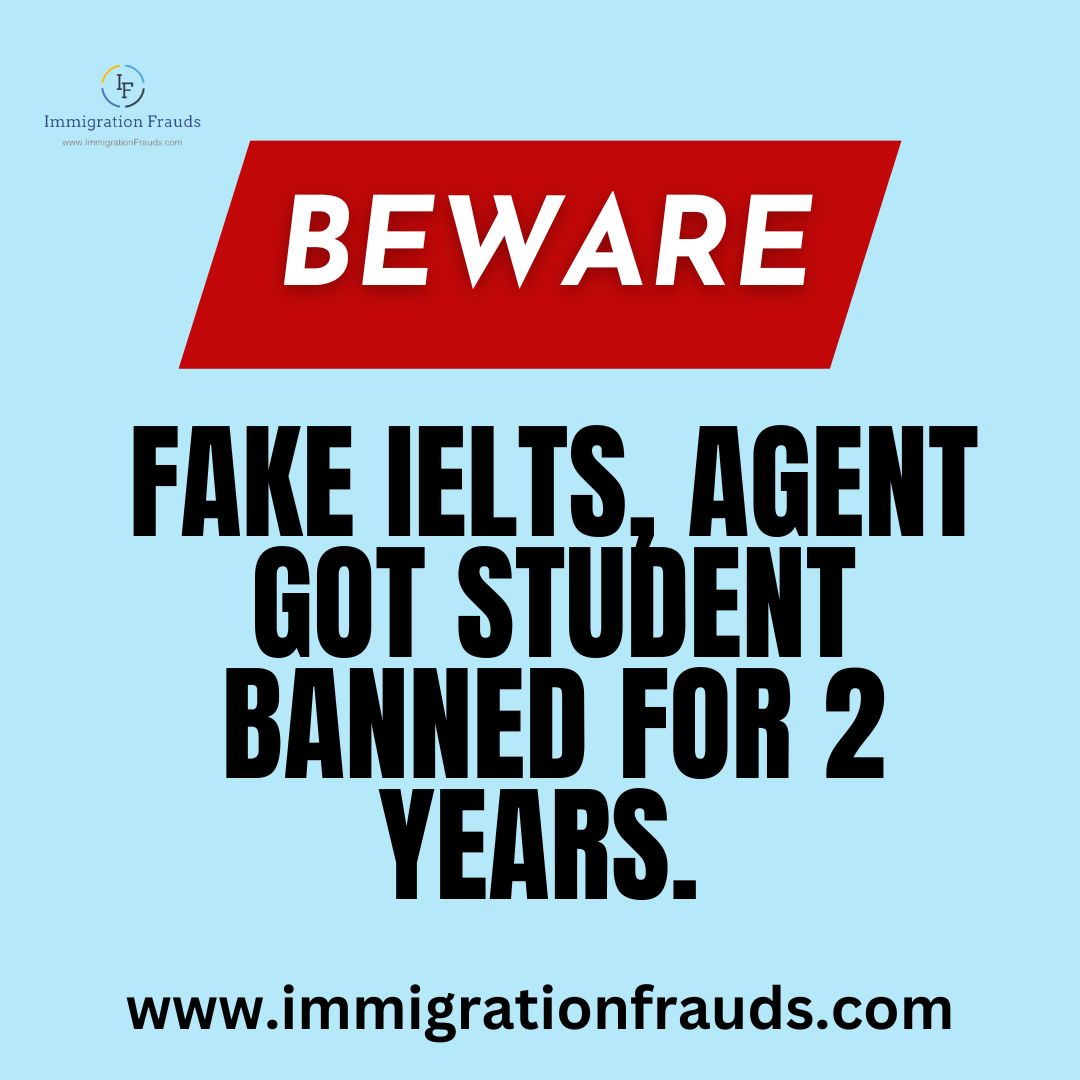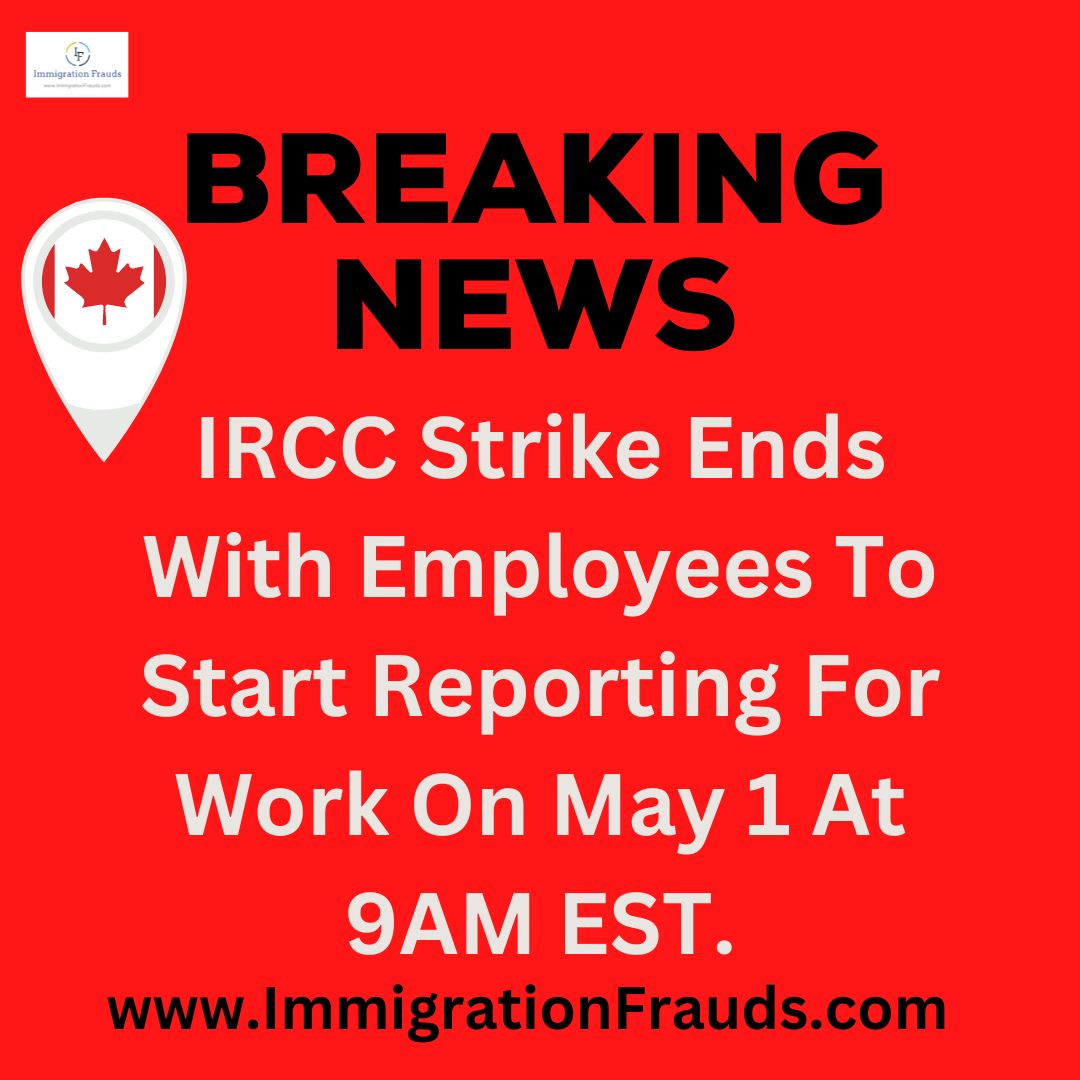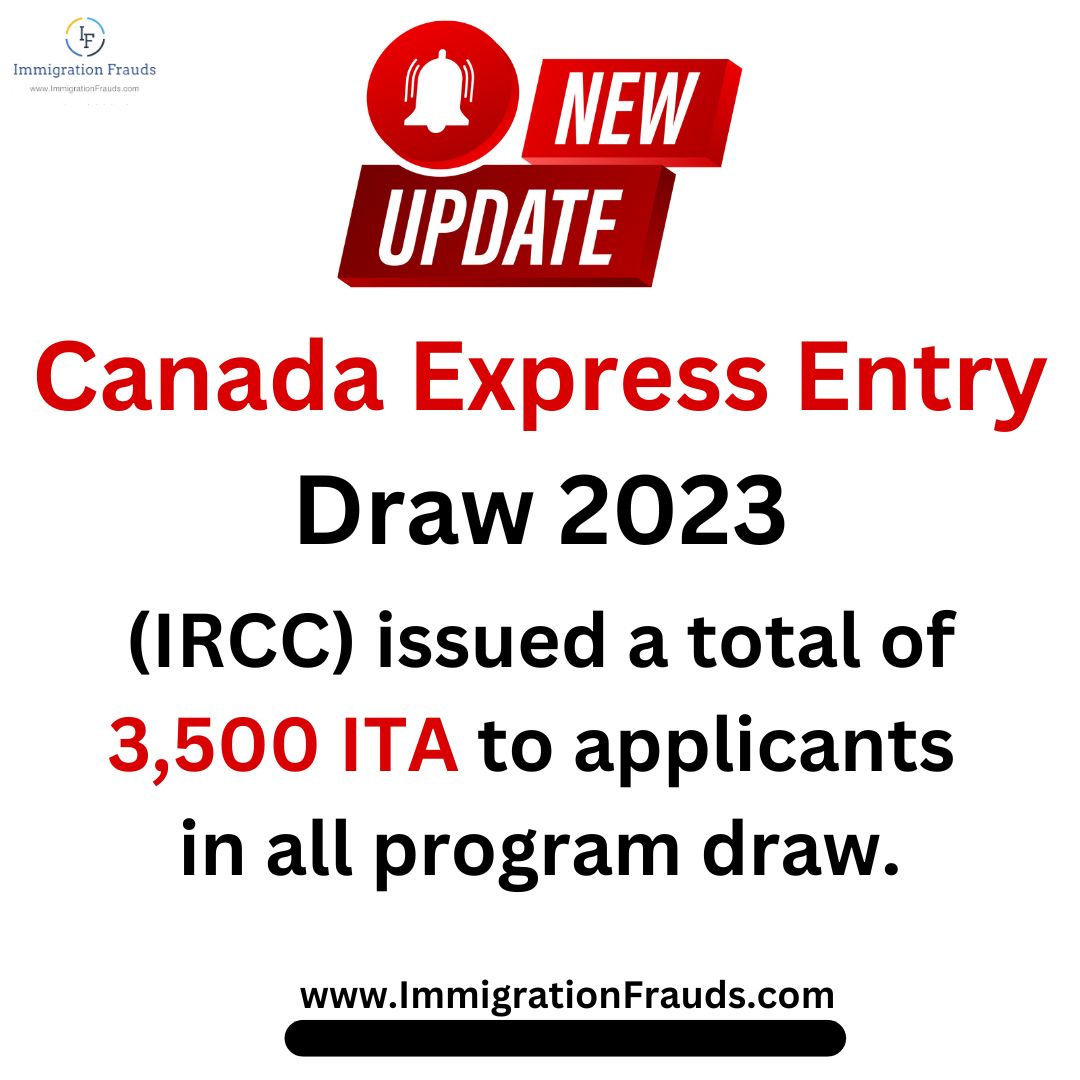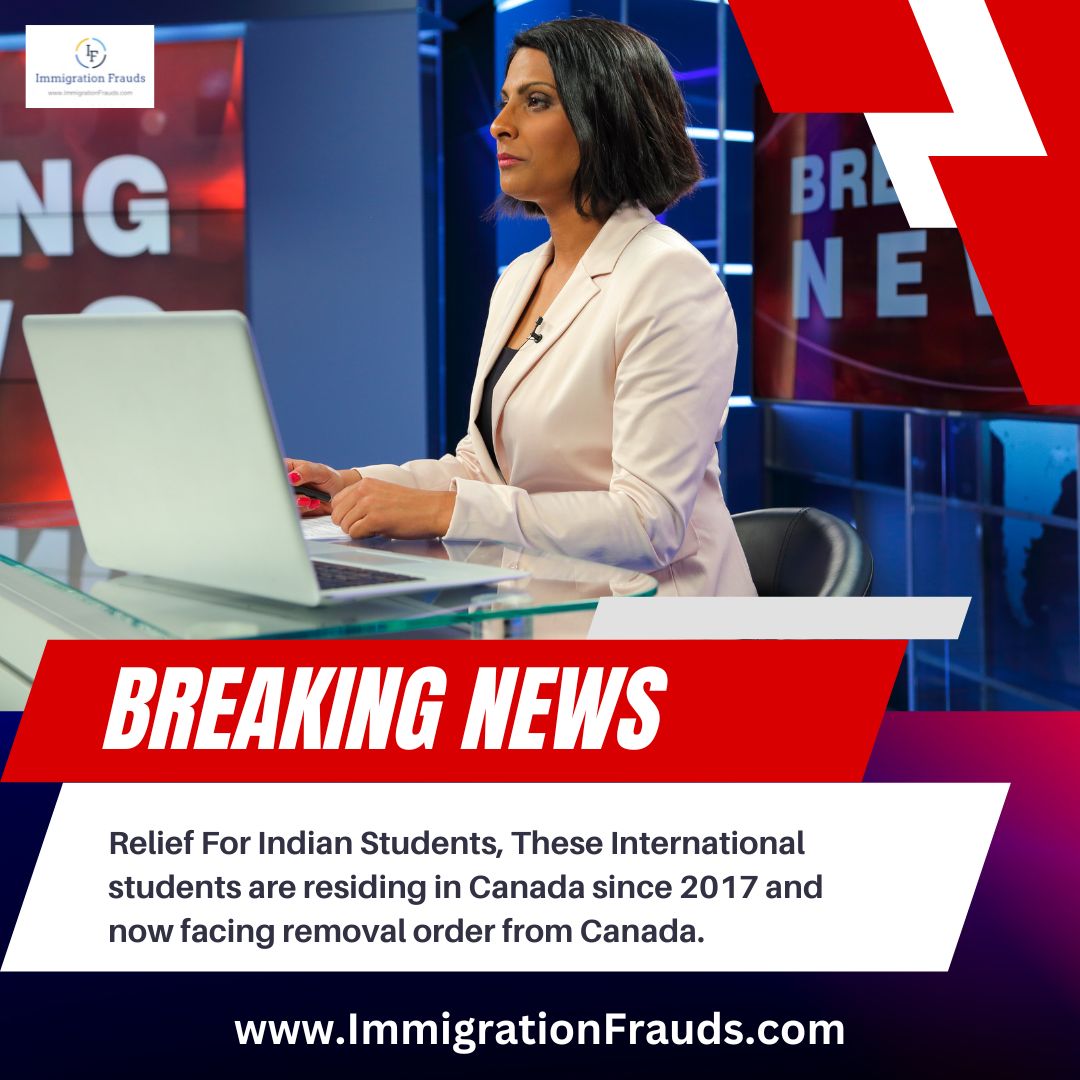Two South Bay Executives Charged With Fraud In Obtaining “Specialty Occupation” Visas
News Source:- SAN JOSE, Namrata Patnaik and Kartiki Parekh appeared in federal court today to face an indictment charging them both with visa fraud and conspiracy to commit visa fraud and further charging Patnaik with money laundering, announced United States Attorney Stephanie M. Hinds, U.S. Department of State Diplomatic Security Service (DSS), San Francisco Field Office, Special Agent in Charge William Chang, and Homeland Security Investigations (HSI) Special Agent in Charge Tatum King.
According to the indictment, PerfectVIPs, Inc. (PerfectVIPs) is headquartered in San Jose and was incorporated in 2010 as a computer chip design product and services company. Patnaik, 42, a resident of Saratoga, acted as CEO of PerfectVIPs. Parekh, 56, a resident of Santa Clara, acted as the company’s human resources manager. The indictment charges that from 2011 through April 2017 Patnaik and Parekh submitted fraudulent H-1B visa applications for foreign workers sponsored by PerfectVIPs and that Patnaik later laundered the proceeds of the visa fraud.
H-1B visas are issued through the United States government’s H-1B Specialty Occupation Workers program. With an H-1B visa, an employer can employ a foreign worker in a “specialty occupation” in the United States on a temporary, nonimmigrant basis. A specialty occupation requires the theoretical and practical application of a body of specialized knowledge and requires the employee in the occupation have a bachelor’s degree or its equivalent in the relevant specialty. Each employer seeking to obtain an H-1B visa to employ a nonimmigrant foreign worker is required to submit an application to the U.S. Department of Labor which attests, among other things, to labor conditions and describes the existence, duration, and wages associated with the temporary job. A subsequent petition requires, among other information, biographical data of the proposed foreign worker and identification of the address where the proposed foreign worker will be working.
The indictment charges that from 2011 through April 2017 Patnaik and Parekh submitted approximately 85 fraudulent H-1B visa applications for temporary nonimmigrant workers sponsored by PerfectVIPs. Each application contained representations under penalty of perjury. During the process, Patnaik and Parekh submitted or caused to be submitted statements that the foreign workers would be employed by PerfectVIPs to work on PerfectVIPs’s in-house contracts and projects at PerfectVIPs’s office locations. Once the applications were approved, Patnaik and Parekh instead created a pool of H-1B workers that were placed at employment positions with other employers, not with PerfectVIPs. This practice provided PerfectVIPs an unfair and illegal advantage over employment-staffing firms. During the period of Patnaik’s and Parekh’s conspiracy, the indictment alleges, the other employers paid fees of nearly $7 million to PerfectVIPs to cover the cost of the H-1B workers’ wages and salaries as well as a profit markup for PerfectVIPs.
Patnaik and Parekh made their initial appearances in San Jose federal court today before United States Magistrate Judge Nathanael M. Cousins. Both defendants were ordered to appear in United States District Court in San Jose on April 12 at 9 a.m. before United States District Judge Beth L. Freeman.
The federal indictment charges both Patnaik and Parekh with one count of conspiracy to commit visa fraud in violation of 18 U.S.C. § 371 and two counts of visa fraud in violation of 18 U.S.C. § 1546(a). The indictment also charges Patnaik with one count of money laundering in violation of 18 U.S.C. § 1957. The maximum statutory imprisonment sentence for a violation of 18 U.S.C. § 371 is 5 years in prison. The maximum statutory imprisonment sentence for each violation of 18 U.S.C. §§ 1546(a) and for a violation of 18 U.S.C. § 1957 is 10 years. Each of the charged statutes carry a maximum statutory fine of $250,000 or twice the gross gain or loss amount or, for money laundering, twice the amount of the criminally derived property involved. However, any sentence following a conviction would be imposed by a court only after consideration of the U.S. Sentencing Guidelines and the federal statute governing the imposition of a sentence, 18 U.S.C. § 3553.
The charges contained in the criminal indictment are only allegations. As in any criminal case, these defendants are presumed innocent unless and until proven guilty in a court of law. Read More.








